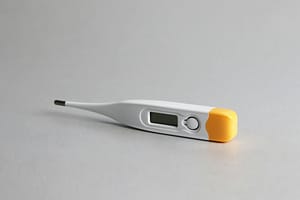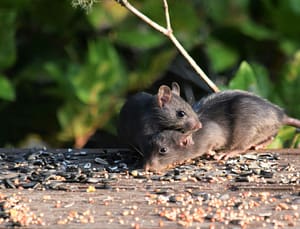

Lassa fever is a serious illness caused by a virus that leads to excessive bleeding. People can catch it if they touch food or household items that have been contaminated by rats carrying the virus or by people who are infected.
The Nigeria Centre for Disease Control (NCDC) reported that from the beginning of the year until the sixth week of 2024, Nigeria saw 411 cases of Lassa fever confirmed and 72 people died from it across 21 states.
The latest report from the NCDC, covering the week from February 5 to 11, 2024, showed an increase in new confirmed cases from 70 in the previous week to 83, with nine deaths in that week.
According to the report, 65% of all confirmed cases were mainly from Ondo, Edo, and Bauchi states, while the remaining 35% were spread across 17 other states.
There was a decrease in suspected cases in 2024, with 2,122 reported, compared to 8,280 cases reported in the same period in 2023.
The NCDC noted that Lassa fever mostly affected people aged 21-30 years, and two new health workers got infected during the reported week.
To tackle the outbreak, the NCDC has set up a special team that works with different partners and sectors to coordinate the response efforts.
The agency pointed out several challenges in dealing with Lassa fever, including people coming in for treatment too late, which leads to a higher chance of dying, and people not seeking medical help due to high treatment costs. Other problems include poor cleanliness in the environment and not enough awareness in communities where the disease is more common.
Symptoms of Lassa fever include fever, headaches, sore throat, feeling very tired, coughing, feeling sick to the stomach, throwing up, diarrhea, muscle and chest pain, and in serious cases, bleeding that can’t be explained from different parts of the body like ears, eyes, nose, mouth, and other openings.
Read Also: Epilepsy is a disease, not a spiritual attack – Neurologist
